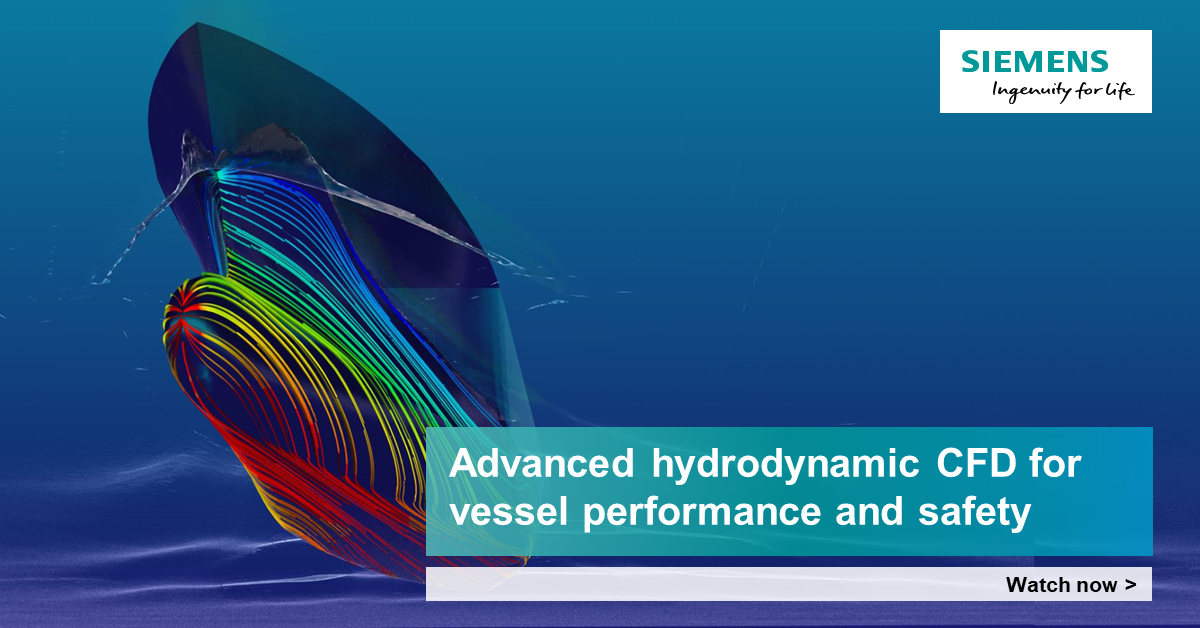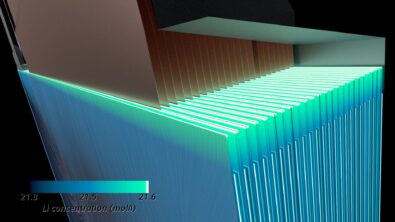Ship performance via simulation: beyond the hull

When we talk about ship performance, what do we mean? “Performance” covers a wide range of vessel requirements, all of which must meet defined regulations before a vessel can be certified. Fuel efficiency, environmental concerns, maneuvering and safety are just some of the aspects covered by this term.
CFD and simulation are essential tools for predicting ship performance. And this goes beyond basic hydrodynamic analysis of clean hulls. The powerful multiphysics capabilities of Simcenter STAR-CCM can be used to investigate complex performance issues, increase understanding of vessel dynamics and improve efficiency. This is useful either during initial design or later, to improve already operating ships.
In this on-demand webinar, Lloyds Register ship performance group present some of their latest work using Simcenter STAR-CCM+. CFD is a key tool for the team, which they use for a wide variety of projects. The presentation covers their work on:
- hull optimization for increased efficiency
- wash water pH simulation, ensuring regulatory dilution targets are met
- ship stability during flooding
Lloyd’s Register have also validated their results against other methods where possible, giving confidence in these methods. Watch now and learn how CFD can be used for advanced understanding of ship performance.
For more details on Simcenter for marine performance engineering, look at our website.
To learn more about Lloyd’s Register’s work you can view the on-demand webinar “How CFD Improves Propeller Performance for Efficient Ship Propulsion”


